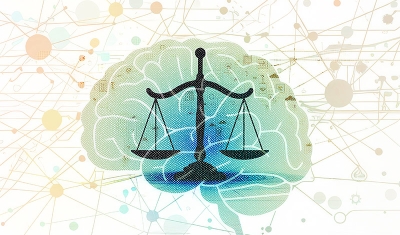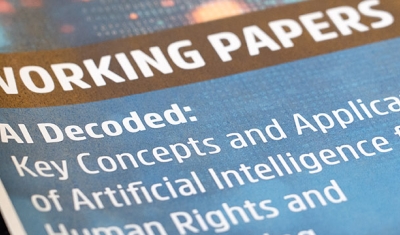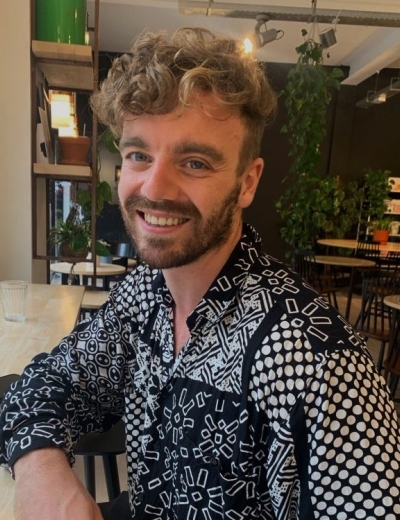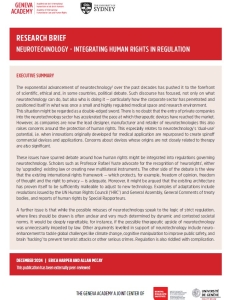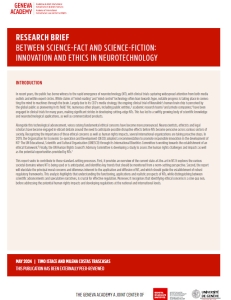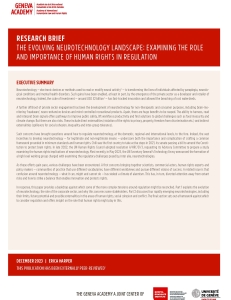Context
This project addresses the human rights implications stemming from the development of neurotechnology for commercial, non-therapeutic ends.
These implications include direct externalities (violation of the rights to privacy, property, freedom from discrimination etc.) and indirect externalities (spillovers for social cohesion, equality and inter-group tolerance). As corporate actors become the main producers and disseminators of neurotechnology, managing these risks will require enhanced multilateral cooperation towards the development of a common regulatory framework. A key challenge in this regard is the complex nature of neurotechnology coupled with the traditional ‘siloing’ between human rights, neuroscience and corporate communities of practice.
Objective
To overcome these barriers, this project – supported by the Swiss Network for International Studies (SNIS) – is based on a partnership between the Geneva Academy, the Geneva University Neurocentre and the United Nations Human Rights Council (HRC) Advisory Committee.
It aims at empowering key stakeholders with a common understanding of the principal risks with a view to strengthening the international human rights framework and crafting effective regulation.
In terms of methodology, the project will work with a pluri-disciplinary group of ethicists, technologists, human rights practitioners, conflict specialists and social economists to provide technical guidance, brainstorm solutions and validate the work of the core research team.
The findings will directly feed into (i) the report to the HRC at its 59th session and (ii) the development of soft law guidelines on the development and use of neurotechnology in conformity with human rights.
Dissemination and sensitization will separately target states, academia and the technology and corporate sectors with a view to these groups incorporating human rights perspectives into their innovation practices, product development and internal regulatory frameworks.


